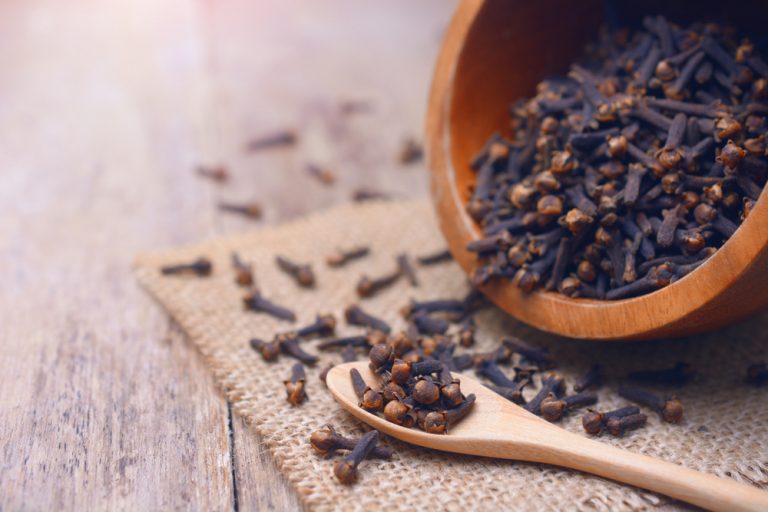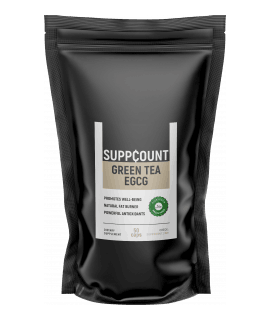The carnations, which we use mainly in winter for cakes and pickles, actually come from hot tropical countries. The dried flower buds of cloves are not only an exceptionally aromatic spice but also an ingredient of many medicines. Inconspicuous in appearance and very intense in taste and smell - cloves are a spice that hides many surprises. Dark brown, dried, in one fifth they consist of eugenol. This baking oil has stimulating, disinfecting and analgesic properties.
Cloves or life!
Today we can buy carnations in every grocery shop. However, this has not always been the case. They used to be a precious and scarce commodity. Clove trees have grown around Zanzibar, Tanzania, Indonesia, Kenya and Madagascar, and from there they have been brought to Europe since around the 11th century. Illegal export of carnations has been punishable by death. Carnation seedlings were stolen, transported on pirate ships and hidden in barrels under other products.
In Zanzibar, whose flag still proudly bears gold cloves, you continue to pay with your head for smuggling this unusual spice. Zanzibar's inhabitants, who have their own land, are obliged to cultivate a clove tree on it. If the law is not upheld, they risk losing their land or house. It is therefore safer to grow clove trees, although you have to wait 20 years for them to bloom.
Dry, but not dried out
Once we have the first carnation tree harvest, we can enjoy it twice a year for the next half century. However, each time you collect the clove, you need to put some time, energy and skills into collecting it - the flower buds from which the spice will be made, because you need to collect them at a specific moment. They have to be large enough and at the same time closed. After breaking them off, they are dried for several, sometimes several days in full sun. However, once dried, the clove tree flowers cannot be exposed to the sun afterwards - it is best to store them in tightly closed glass vessels, protect them from light and dryness.
Chew the pain with a clove
Their action is valued by Chinese and Indian medicine. In Western medicine, which is closest to us, they are used mainly in dentistry and herbal medicine.
Biting through the carnation flower helps with toothache because eugenol contained in it has analgesic and antiseptic properties. This powerful essential oil also has a beneficial effect on digestion and is recommended as an agent against bacteria, viruses and mycoses. It helps to keep a pleasant scent in the mouth - in ancient China there was an obligation to put a clove in the mouth before talking to the Emperor.
More than a spice
The advantage of carnations is, as you can see, a whole lot and new ones are still being discovered. Recently it turned out that the clove root is a great antioxidant, i.e. it helps to fight cancer cells. Foods or cosmetics with the addition of clove are excellent in reducing stress. The refreshing scent of eugenol refreshes and stimulates the mind, removes fatigue, helps in anxiety and depression. In Indonesia, where the largest carnation plantations are located, a clove tree is planted to celebrate the birth of a child. Its power is to accompany the child throughout his or her life.









